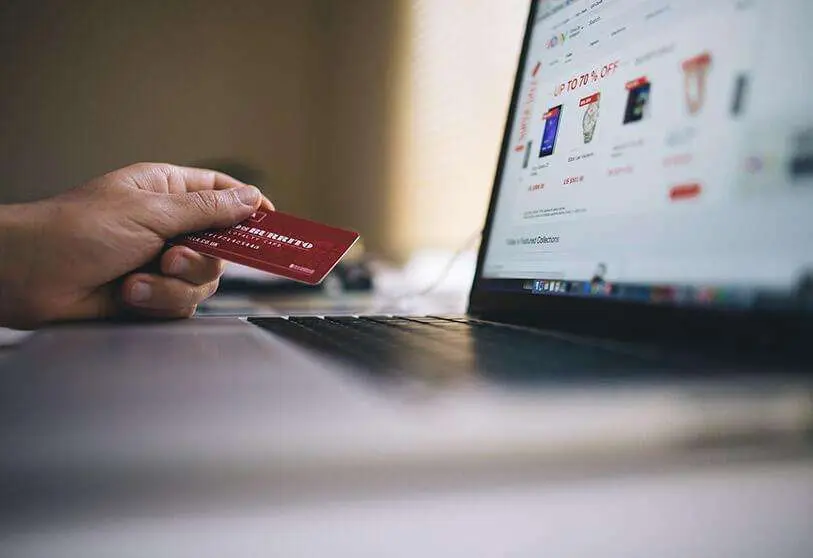El comercio electrónico se dispara en Marruecos

Morocco is experiencing rapid digitisation in the monetary payments dimension. According to the latest report from the Interbank Centre for Electronic Banking (CMI), the national entity that facilitates banking transactions, Moroccan consumers are increasingly embracing digital payments, bringing the Kingdom in line with the global trend.
According to figures presented by the agency, the first quarter of 2022 has seen strong growth in this respect. In this regard, online payments via bank cards have soared in the Kingdom, increasing by 34.3% in terms of the number of transactions and 19.3% in terms of the overall amount compared to the same period in 2021. In total, the institution's affiliated sites carried out some 6.3 million online payment transactions via bank cards, for a total amount of Dh2.3 billion (about €218 million).

This activity already saw a sharp increase in Q1 2021 of 31% compared to the same period in 2020, while all other payment methods suffered a severe setback as a result of the COVID-19 pandemic. Here, it was Moroccan cards that grew the fastest, up 34.9% in number of transactions and 15.1% in amount, accounting for 93.8% and 88.2% of the total respectively.
E-commerce is growing rapidly around the world, and is becoming one of the most common methods of consumption, particularly among the new generations, and Morocco is joining in fully with this digitalisation, which is set to shape the economy of the 21st century.
This trend, according to Ismail Bellali, director general of the CMI, is also reflected in the number of Internet sites offering this method of payment in the country, which is growing rapidly. In a statement to the Agence Marocaine de Presse (MAP), the economist pointed out that their number grew rapidly between 2020 and 2021, during the pandemic. Then, social distance and confinement boomed this type of trade around the world, and the Arab country was not far behind.
On the other hand, Bellali points out, this method of payment in the Moroccan market is particularly concentrated on service transactions rather than product transactions, despite the tendency to associate e-commerce with the latter. "The purchase of services is by far the most popular in Morocco, including mainly the payment of bills for telecommunications operators, water, electricity, transport, taxes and school fees," said the director general.

Rabat has recently taken the decision to exclude transactions via electronic platforms from customs duty-free allowances, which could be a step backwards in this regard. Until now, foreign platforms were allowed to carry out duty-free transactions for baskets of less than 1,250 dirhams, but the Kingdom has turned off the tap, in a law that comes into force this Friday.
Bellali explains that this measure aims to "correct a drift that has become very palpable in recent years". In this sense, the previous exemption, intended for small transactions, had been taken advantage of by economic actors to divide large, customs-free purchases into several smaller ones so that they could subsequently resell them in the country, taking advantage of the loophole in the rule to enrich themselves by violating its spirit, something they will no longer be able to do








